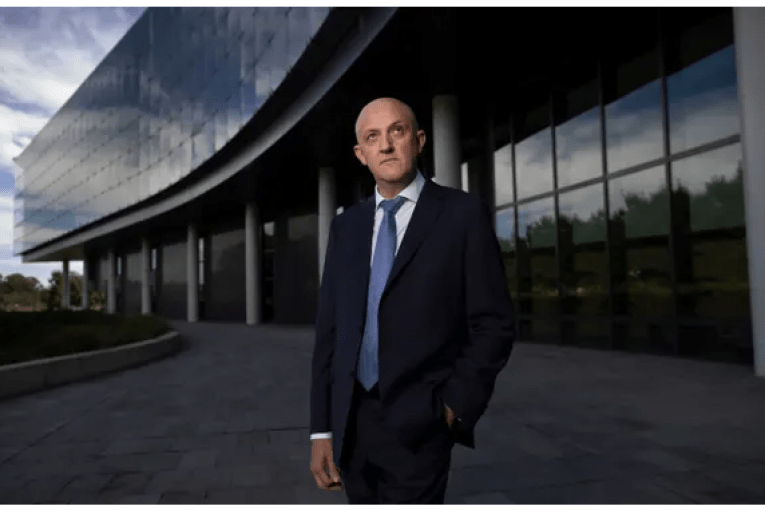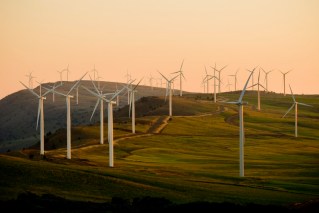Worried the country is falling apart? You’re likely to be a Trump voter
Voters are more likely to support a “hardline” candidate – such as Donald Trump or Pauline Hanson – when they feel society is breaking down, a University of Queensland study has found.

Donald Trump.(Photo: AP Photo/Alex Brandon)
When people believe their society is morally divided and breaking down, they are more likely to elect authoritarian and unorthodox leaders, the UQ research has found.
The political psychology study found that people may vote away from their own political leanings if they feel a need to restore public order.
And Australia ranked highest, above the United States and the United Kingdom, in terms of moral division and support for extreme leaders.
The new study comes as security agencies warn the far-right is growing in Australia with more investigations than ever being conducted into racist and nationalist violent extremists.
And Prime Minister Scott Morrison has engaged in a war of words with State Premiers over COVID-19 freedoms, playing wedge politics with his Labor counterparts.
Research from UQ’s School of Psychology is the first of its type to examine the links between moral division and the desire to elect extreme leaders as a potential solution.
One of the report’s authors, Dr Charlie Crimston, says that the study, which examined voter sentiment in Australia, the US and the UK, found that if people believe societal fabric is breaking down they are more likely to elect an authoritarian figure to restore order, such as Donald Trump or Pauline Hanson.
Conversely, if voters think there is a lack of leadership in society, they are drawn to vote for progressive leaders to unify the country.
UQ says it is the first research of its type to provide evidence of the causal links between moral division and the desire to elect extreme leaders as a potential solution.
The research examines the core values of groups such as right and left wing voters.
Dr Crimston says that in the past few years globally there has been a rise in support for strong, authoritarian style leaders.
This includes most notably, Trump in the US, and also leaders in places like Brazil and the Philippines.
She said the study found that it wasn’t just extreme leaders on the right who garnered support through moral division, but also those on the left of the political divide.
“One thing I can say about Australia is that the links between moral polarisation and support for these extreme leaders was actually the strongest,” Crimston said.
And co-author, Dr Hema Preya Selvanathan, said our perceptions about society becoming increasingly divided is primarily what threatens social cohesion and political stability.“We need to be particularly wary of people who play into these narratives for their own gain, whether that be politicians, media commentators or interest groups,” Dr Selvanathan said.
The UQ research, along with the recent week of COVID-19 related protests in Melbourne and to a lesser degree in other States, is particularly telling as Australia heads to a Federal election in 2022.
The Federal Opposition has already accused Scott Morrison of sounding like Donald Trump.
And the extreme far-right, once considered a bit of a fringe group in Australia, is gaining momentum, according to analysts and experts in the field.
Professor Greg Barton, from Deakin University, says the far-right is no longer a small lunatic fringe.
And Australia’s domestic spy agency, the Australian Security Intelligence Organisation, has said some on the far-right are taking advantage of the pandemic to increase membership.
In its recently released 2021-21 annual report, ASIO says the number of investigations into ideologically motivated violent extremists, such as racist and nationalist violent extremists, have grown.
And during 2020-21, investigations into them accounted for 50 per cent of ASIO’s onshore priority counter-terrorism caseload.












